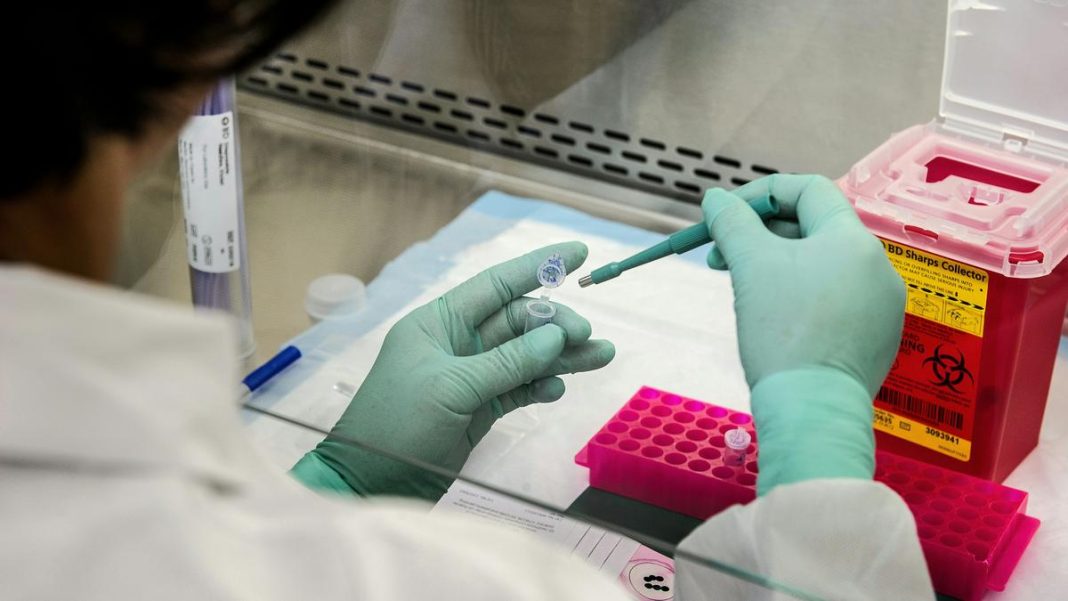India’s Biotech Sector Soars to 10,000+ Startups, Faces Scaling Hurdles
India’s biotechnology sector has experienced explosive growth, expanding from just 500 startups in 2018 to over 10,000 in 2025. This remarkable surge is supported by 94 incubators across 25 states, positioning the country as an emerging global biotech powerhouse.
Key Takeaways
- India’s biotech startup count surged from 500 to 10,000+ in just seven years
- Government aims for $300 billion bioeconomy by 2030 through BioE3 Policy
- Sector faces critical scaling challenges despite $3 billion in recent investments
- Infrastructure gaps and regulatory hurdles hamper global competitiveness
Government Support and Global Leadership
Strong governmental backing through Startup India, BIRAC initiatives, and production-linked incentives has attracted significant foreign direct investment. India’s openness to 100% FDI in many biotech segments has made it a global leader in generics and vaccine production, supplying over 60% of worldwide doses for immunizations including DPT, BCG, and measles.
Established players like Serum Institute of India and Bharat Biotech demonstrate India’s vaccine manufacturing prowess, while innovators like MedGenome and Strand Life Sciences drive breakthroughs in precision medicine. The sector is increasingly embracing artificial intelligence to accelerate drug discovery and enhance clinical diagnostics.
Scaling Challenges and Infrastructure Gaps
Despite impressive growth, the sector faces significant bottlenecks. While recent investments reached approximately $3 billion, companies struggle to secure the tens of millions needed for Phase II clinical trials or GMP facility construction. Many promising startups stall when attempting to scale to global markets.
Infrastructure fragmentation remains a critical issue. Few of India’s 70+ incubators offer complete specialized facilities like pilot-scale purification systems or fill-and-finish suites. Entrepreneurs often shuttle between cities to complete development cycles, duplicating equipment and wasting scientific talent.
Regulatory and Funding Solutions
Outdated regulatory frameworks for clinical trials and product approvals struggle to keep pace with AI-driven innovation and cutting-edge biologics. These delays not only postpone market entry but also deter international collaboration.
Strategic priorities include consolidating resources into robust clusters like a “GMP Commons” in Genome Valley or Mumbai-Pune corridor. A dedicated biotechnology fund could bridge the financing gap for companies that have demonstrated proof-of-concept but aren’t yet market-ready.
Future Opportunities
Promising areas include AI-driven drug design, molecular diagnostics, and digital health platforms gaining traction in Bangalore and Hyderabad. Precision genomics and affordable gene therapies using CRISPR technology address chronic diseases affecting both domestic and international markets.
Agricultural biotechnology offers significant potential, with startups like Cropin and Fasal demonstrating how localized AI integration can enhance yields and reduce input costs for India’s predominantly small-scale farms.
India’s established strengths in vaccine production, biosimilars, and generics position it as a global export hub. Bharat Biotech’s intranasal COVID-19 vaccine exemplifies how Indian innovation achieves global impact, while established companies set international benchmarks for quality and cost efficiency.
To achieve global leadership, India must streamline its ecosystem, consolidate funding, build integrated infrastructure, and align regulatory standards with international best practices through collaboration between government, industry, and academia.




